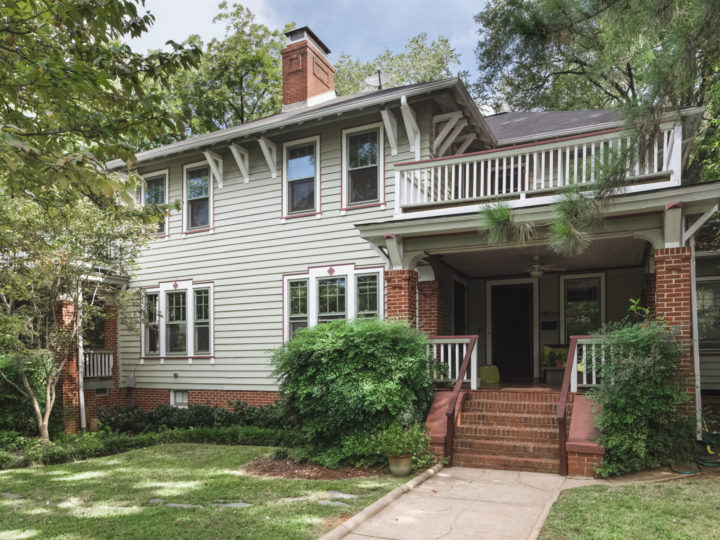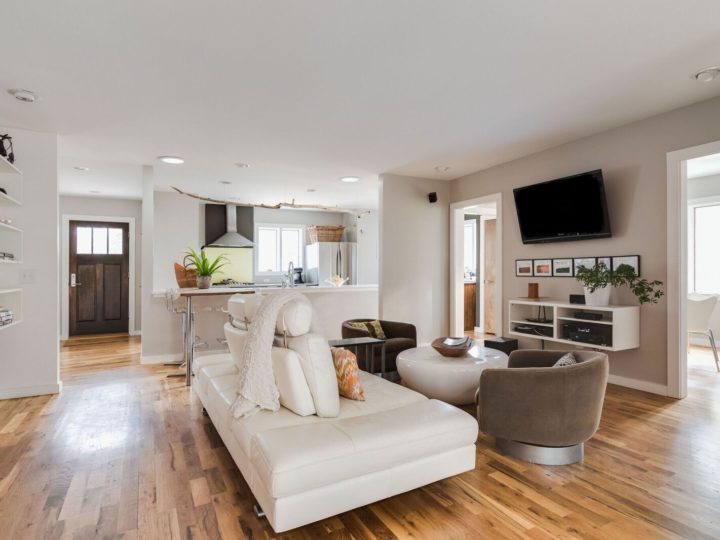Maybe you found your dream home. Maybe you got a new job. Maybe your life circumstances have changed. Either way, the only thing standing between you and the next chapter of your life is selling your current home. Been there? You aren’t alone. There are lots of reasons people don’t want to drag out the selling process.
Unfortunately there are also lots of surprises that can slow down a home sale.
Whenever my seller clients are preparing to list their home they usually ask my opinion about what to fix in order to get the most money out of it. I always suggest they get a home inspection. Yes, I mean the same general home inspection that their buyer’s will conduct once the house is under contract and the buyer is in their due diligence period.
Here’s the deal with the due diligence period. The due diligence period is a negotiated period of time for a negotiated amount of money in which the buyer can walk away from the contract for any reason. The sale is very vulnerable during this period. The best way for sellers to fortify the success of their sale is to minimize surprises. Find repairs that would send buyers running and either fix them or have an answer for them. Don’t let the buyer find problems and bring them to your attention.
A home inspection varies slightly by size of home, but on average expect to spend $400. Even if you are very confident about the condition of your home, believe me, the inspection will reveal something you didn’t know. You have to consider the report objectively. I tell my sellers they are not compelled to repair anything BUT (and this is a big BUT), if there something wrong with a fundamental operation of the home or the inspection finds a safety issue you are going to have to disclose it to buyers. That could affect pricing in a negative way or worse yet, scare off the would-be homeowners who don’t want to deal with the headache of fixing the problem themselves.
 So it pays to address things like (but not limited to):
So it pays to address things like (but not limited to):
- Foundation
- Roof
- Electrical system (especially if unsafe)
- Active termites
- Mold
There are also things that could come up that are not safety issues, but matters due to a simple change in code. That happens more than you might think as building codes change over the years.
 These are things like:
These are things like:
- Outlets that are not grounded GFCI (especially around water faucets in kitchen and bathroom)
- No pan under hot water heater
- Tip bracket on the back of stove/range
These items are definitely NOT necessary to address but if the seller fixes them prior to sale it will make the sale go so much smoother.
Then there are the Items that show up on inspections that are easy for seller to address before putting on the market and have huge impact.
 Things that could show up:
Things that could show up:
- Trim tree limbs from roof and around crawl space access or condensor unit
- Replace all light bulbs in all fixtures in and outside of home
- Clean out gutters.
- Make sure down spouts on gutters are clean and flowing away from the house properly
The inspection reports can be a little overwhelming so it’s important to work with an experienced realtor (Um.. I know one. Call me! ) who can help you make sense of what you really need to worry about and what you don’t. Birthday surprises are good. Surprises that slow down the sale of your home are not.






